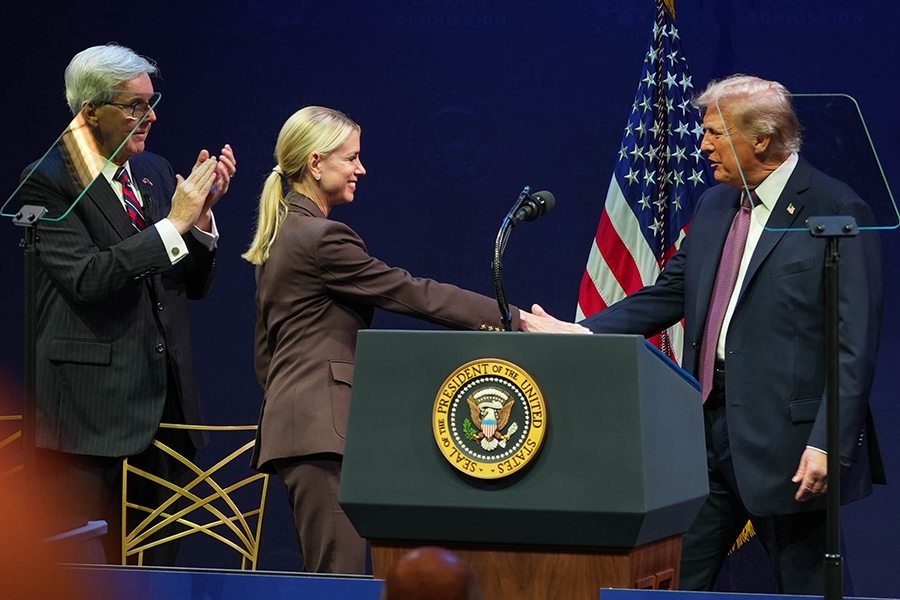 By Allan Lengel
ticklethewire.com
By Allan Lengel
ticklethewire.com
Saying the feds acted in “bad faith” during discovery, a federal judge in Boston has ordered the U.S. government to pay about $700,000 in legal fees in a lawsuit that resulted from four men being deliberately framed by the FBI in a 1965 mob slaying.
The legal fees are on top of the $101 million a jury awarded against the government in the lawsuit in 2007. The men and their families sued the government, alleging the FBI framed the four men in the Boston area mob slaying of Edward “Teddy” Deegan.
In her ruling earlier this month on the court fees in the lawsuit, U.S. District Judge Nancy Gertner stated:
“There is no doubt that there was bad faith in connection with the government’s conduct during discovery. The government played a shell game – dumping vast numbers of documents that were so redacted as to be incomprehensible, interposing procedural objections to delay taking any substantive position, repeatedly filing specious objections to discovery, and thenspecious motions for a stay, culminating in the disclosure that trial counsel had no access to the unredacted documents.”
The men who were framed included Peter Limone, Enrico Tameleo, Louis Greco and Joseph Salvati. All but Salvati were sentenced to die in the electric chair, but that was later reduced to a life sentence after Massachusetts did away with the death penalty. Salvati got life.
Courthouse News Service, which first reported about the Aug. 12 fees ruling, wrote that all four men’s convictions were vacated in 2001. By then, Tameleo and Greco had already died in prison and Salvati had been paroled after serving 30 years. Limone was released in 2001 after 33 years in prison.
Courthouse News Service reported that more than 30 years after the fact, a Justice Department investigation into the Boston FBI discovered secret documents proving a frame up.
The evidence included a report showing that that an FBI informant, who was key to the prosecution, had not named these men, but different mobsters.
In her ruling on the fees, Judge Gertner stated:
“Secrecy – and secrecy gone awry – was central to the litigation.” She called the government’s strategy a “charade.”
“The record revealed FBI agents ‘hiding the ball,’ not disclosing critical exculpatory information in the Deegan murder case for nearly forty years, information that would have exonerated the plaintiffs,” she stated.





